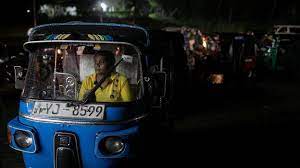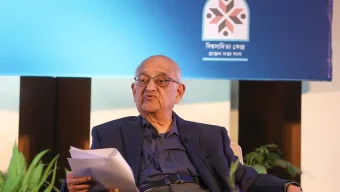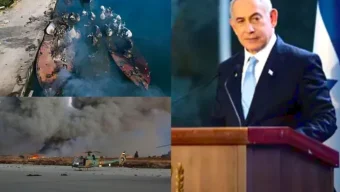“We have built a cycle track along a disused railway line for those who come to the port to use cycles instead of other vehicles,” he told reporters.
The port in Sri Lanka’s capital sits on 469 hectares (1,160 acres) of land, with its longest road stretching four kilometres (2.5 miles) through the facility.
Shipping lines operating through the port — located in the Indian Ocean, along the world’s busiest east-west maritime trade route — donated 100 bikes to kick off the initiative, Jayamanna said.
Despite Tuesday’s announcement, Jayamanna said the port was “insulated from the economic troubles” plaguing Sri Lanka, and was offering petrol from its own reserves to dock workers who were struggling to source fuel elsewhere.
“We are carrying out our work as usual as we have our buffer stocks of fuel,” he added.
Sri Lanka’s economic crisis was sparked by a crunch on foreign currency reserves that also left importers unable to source food, fuel and other goods.
Rampant inflation, frequent blackouts and long queues for essentials have made life a misery for the island’s 22 million people.
The government is seeking urgent assistance from the International Monetary Fund and has also defaulted on Sri Lanka’s $51 billion foreign debt.
Weeks of public protests have called on President Gotabaya Rajapaksa to resign, with police firing tear gas to disperse a huge demonstration outside the leader’s home on Sunday.
Jayamanna said the crisis had not disrupted operations at the port, which generates much of its revenue in dollars and still plans to pay for a $500 million expansion.
















